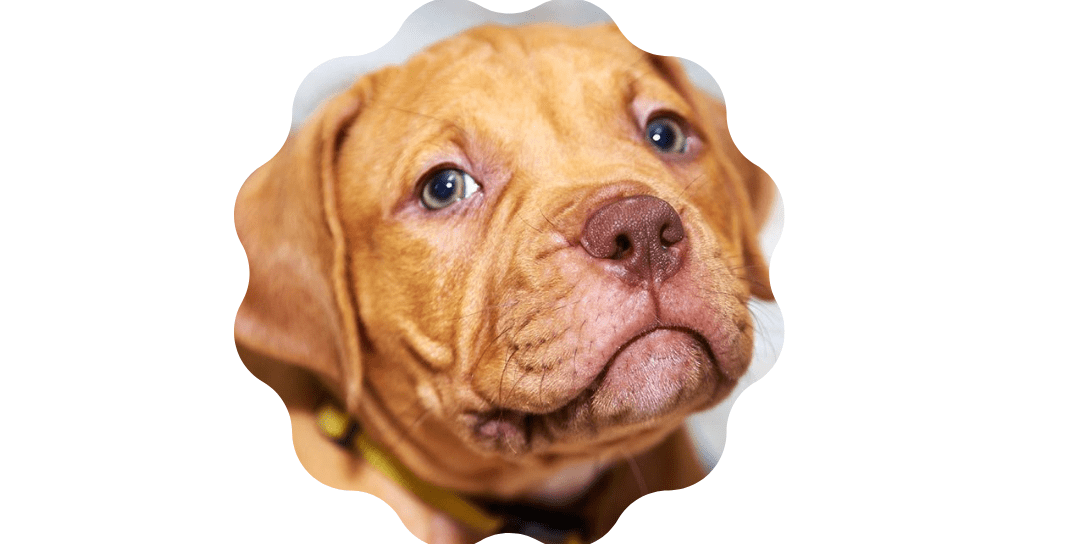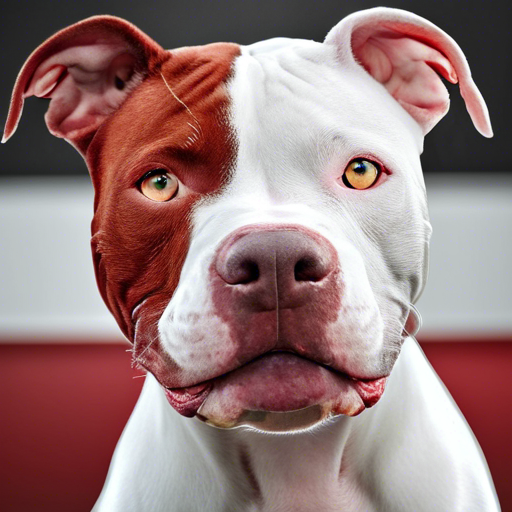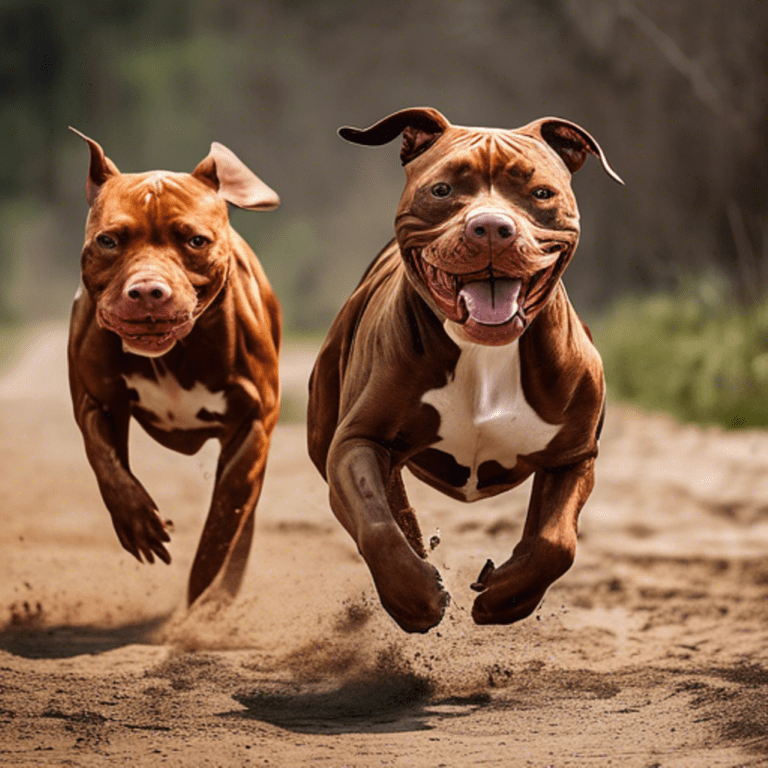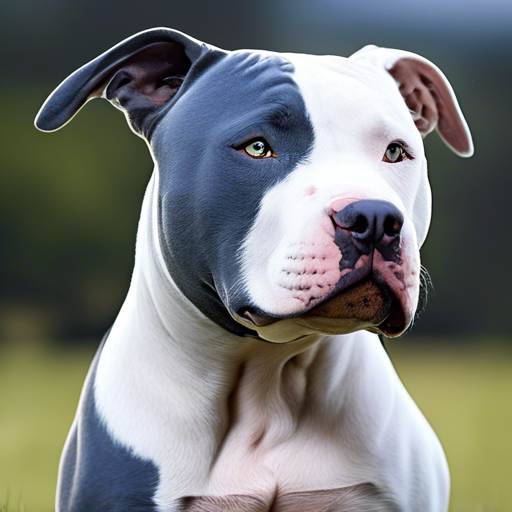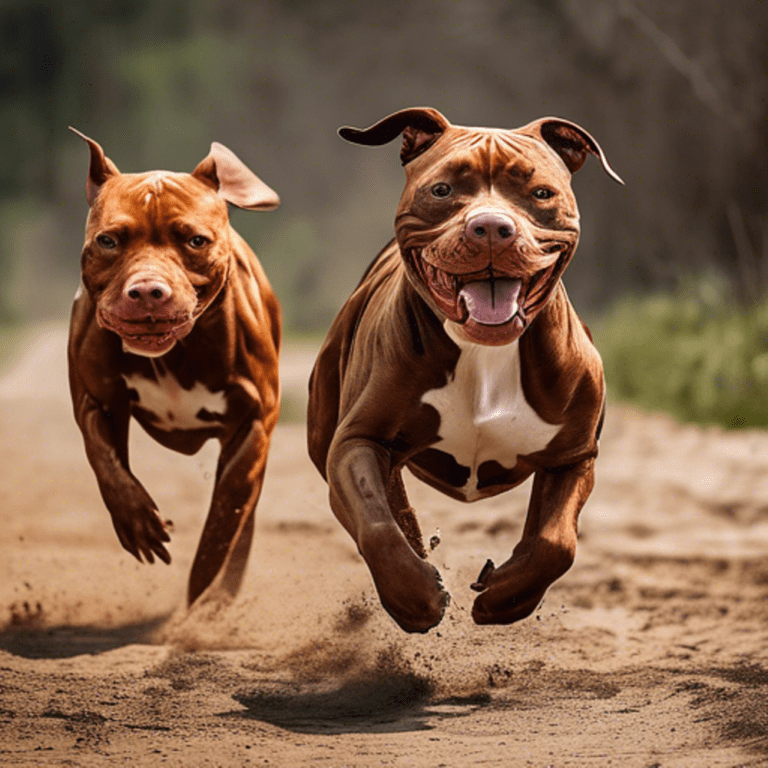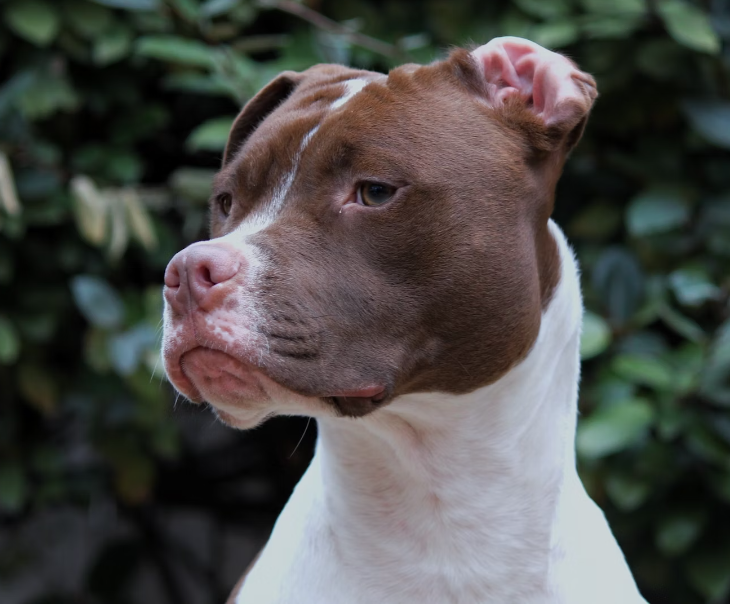what is a red nose pitbull- 2024
A Red Nose Pitbull is a type of American Pitbull Terrier characterized by its reddish-colored nose and coat. It’s not a separate breed but rather a variation within the American Pit Bull Terrier breed. The “red nose” trait refers to the coloration of the nose, which can range from copper to deep red. These dogs are known for their strength, loyalty, and affectionate nature, but like any dog, their temperament can vary based on factors such as breeding, socialization, and training.
Pitbulls are one of the most misunderstood dog breeds, and within the category, Red Nose Pitbulls often attract attention due to their unique appearance and characteristics. Originating from Ireland, the Red Nose Pitbull is a specific variation within the larger Pitbull breed. Let’s delve into what makes these dogs special and why they deserve a closer look.
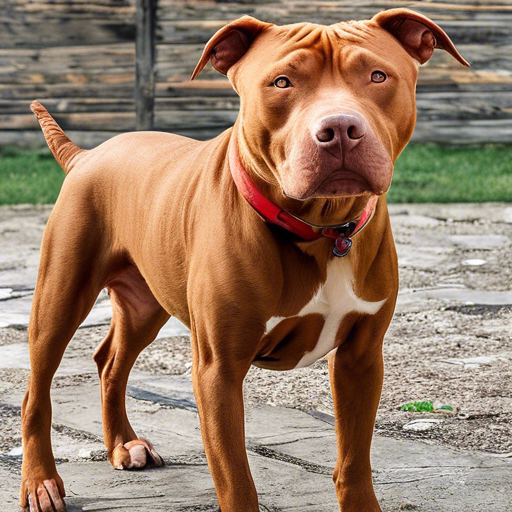
Physical Characteristics
Red Nose Pitbulls are typically medium to large-sized dogs, known for their muscular build and sleek appearance. They often weigh between 30 to 60 pounds, with males typically larger than females. One of their defining features is their reddish-brown nose, which gives them their name. Their coat can vary in color, ranging from shades of red to lighter hues, and their short, smooth fur requires minimal grooming.
Temperament and Behavior
Contrary to common misconceptions, Red Nose Pitbulls are affectionate and loyal companions. They are known for their gentle disposition towards their human family members, often forming strong bonds with children. With proper socialization and training, they can coexist peacefully with other pets. Their playful nature and eagerness to please make them popular choices for families seeking an active and loving pet.
Health Considerations
Like all dog breeds, Red Nose Pitbulls are susceptible to certain health issues, including hip dysplasia, allergies, and skin conditions. Regular veterinary check-ups and a balanced diet are essential for maintaining their overall well-being. Additionally, responsible breeding practices can help minimize the risk of hereditary health problems.
Training and Exercise
Due to their intelligence and high energy levels, Red Nose Pitbull thrive with consistent training and ample exercise. Positive reinforcement techniques are effective in teaching obedience and good manners. Daily walks, playtime, and mental stimulation activities are crucial for keeping them physically and mentally stimulated.
Myths and Misconceptions
Unfortunately, Red Nose Pitbulls, like their counterparts, often fall victim to unfair stereotypes perpetuated by media sensationalism. Contrary to popular belief, they are not inherently aggressive. With proper upbringing and socialization, they can be friendly and well-adjusted pets. It’s essential to judge each dog based on its individual temperament rather than its breed.
Legal Considerations
In some regions, Pitbull breeds, including Red Nose Pitbulls, may be subject to breed-specific legislation (BSL) due to misguided fears about their potential aggression. Prospective owners should familiarize themselves with local regulations and ensure compliance with responsible ownership practices. Proper training, socialization, and responsible ownership are crucial steps in promoting positive perceptions of the breed.
Famous Red Nose Pitbull
Throughout history, Red Nose Pitbulls have made their mark in various fields, from acting to therapy work. Notable examples include “Petey” from the “Little Rascals” and “Hercules,” the beloved therapy dog. These dogs demonstrate the breed’s versatility and gentle nature when given the opportunity to shine.
Choosing a Red Nose Pitbull
When considering adding a Red Nose Pitbull to your family, it’s essential to research reputable breeders who prioritize the health and well-being of their dogs. Alternatively, adoption from shelters or rescue organizations is a noble option that provides a second chance to dogs in need of loving homes. Regardless of the source, responsible ownership entails commitment, patience, and dedication to providing a nurturing environment for your pet.
Social Media and Community
The internet has facilitated the formation of online communities dedicated to Pitbull enthusiasts, where owners share their experiences, seek advice, and advocate for responsible ownership. Engaging with these communities can provide valuable insights and support for both new and experienced Red Nose Pitbull owners.
Conclusion
Red Nose Pitbulls are much more than their reputation suggests. With their loving temperament, loyalty, and unique charm, they make wonderful companions for the right owners. By dispelling myths, promoting responsible ownership, and celebrating their positive qualities, we can help foster a better understanding and appreciation for this remarkable breed.
FAQs About Red Nose Pitbulls
Are Red Nose Pitbulls aggressive?
- Despite common misconceptions, Red Nose Pitbulls are not inherently aggressive. Like any dog, their behavior is influenced by factors such as upbringing, training, and socialization.
Do Red Nose Pitbulls require a lot of exercise?
- Yes, Red Nose Pitbulls are active dogs that require regular exercise to stay healthy and happy. Daily walks, playtime, and mental stimulation activities are essential for meeting their needs.
Are Red Nose Pitbulls good with children?
- Yes, Red Nose Pitbulls are known for their affectionate nature towards children. With proper socialization and supervision, they can form strong bonds with kids and make excellent family pets.
How can I find a reputable Red Nose Pitbull breeder?
- Researching breeders who prioritize health, temperament, and responsible breeding practices is crucial. Look for recommendations from trusted sources and visit potential breeders in person to assess their facilities and meet the parent dogs.
What should I consider before adopting a Red Nose Pitbull?
- Before adopting a Red Nose Pitbull, consider factors such as your lifestyle, living situation, and ability to provide proper care and training. Additionally, be prepared for the commitment and responsibility of pet ownership.
